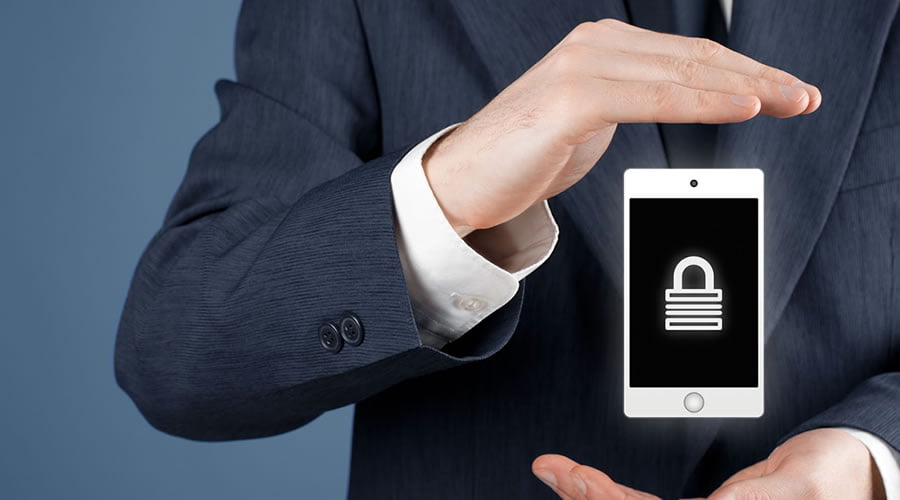The number of mobile users grows insanely quickly all the time. So there is no surprise that hackers try to get the data they need through portable devices. Malefactors use various vulnerabilities in the network the device is connected to, installed apps, and even the mobile operating system. One of the loudest incidents of 2019 is WhatsApp getting hacked – those who used this messenger got their devices infected.
So quite obviously, we need to protect our mobile gadgets. The first thing you’d think of is, of course, an antivirus, and that’s a great security measure. You can find the provider that suits your requirements at BestAntivirusPro. But there are more actions you can perform to keep your smartphone, tablet, or any other portable device safe.
Update the Operating System and Apps
Sure, the auto-update of applications is annoying and resource-consuming. That’s why we tend to turn it off. But if your apps don’t get updated as the new patch arrives, you should take care of this manually. Make it a rule to check if there are any updates and install them every week. Older versions may have vulnerabilities that will make hacking apps much easier for malefactors.
The same goes for the operating system. If your device asks you to install the update – do it because the newer version of the OS will most likely have fewer gateways for hackers. Of course, there are certain risks and downsides of the OS updates. But in most cases, the new version is better.
Use a Password to Unlock the Gadget
While it might feel like too much hassle, you should always keep your device locked. Things got easier with a fingerprint detector most modern smartphones have. But if your gadget doesn’t have this technology, you should take that extra second to enter the password every time you unlock the system. Otherwise, you have all your data exposed to anyone who gets a chance to take your device in their hands. Especially considering that mobile devices usually have instant access to cloud storage.
Use VPN Service When Connected to Public Networks
WiFi spots in restaurants, shops, airports, and other public places are virtually never safe. Routers there don’t get required updates and are rarely maintained properly. It allows hackers to get into the system and see all the gadgets that use this hotspot. Thus, connected to a public network, you expose your device to a potential threat.
A VPN service will hide your authentic IP and make it impossible for malefactors to track down your device. They will see that someone is connected to the network, but they won’t get the data that allows them to get into your gadget. Generally, we advise you to stick to the mobile data when you’re in public places.
These simple rules will help you to keep your device safer. If you install an antivirus and follow these tips, you can be sure your personal information won’t get into the wrong hands.


